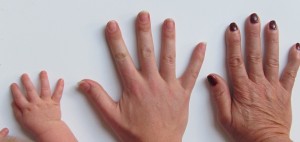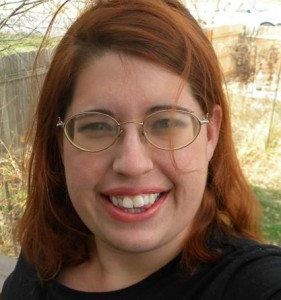 I think, somehow, I am destined to create what I learned only yesterday are beta heroes. I had never, until this week, heard there was such a phenomenon. Now I am so glad I know what he is. You see, several members of my critique group have been telling me that the male protagonist in my current novel is not “strong enough” – that he ought to be more macho, more – and these are my words now – traditional. It has been a profoundly frustrating experience. You see, I don’t want my main characters to be constrained by traditional boxes, not the men and especially not the women. So, while all the members of my group think my female lead is great, they have been telling me my male lead ought to be more stereotypical (my words again). I was even told he is a “wuss” and that that’s not what readers want. They seem to equate “strong” with “macho.”
I think, somehow, I am destined to create what I learned only yesterday are beta heroes. I had never, until this week, heard there was such a phenomenon. Now I am so glad I know what he is. You see, several members of my critique group have been telling me that the male protagonist in my current novel is not “strong enough” – that he ought to be more macho, more – and these are my words now – traditional. It has been a profoundly frustrating experience. You see, I don’t want my main characters to be constrained by traditional boxes, not the men and especially not the women. So, while all the members of my group think my female lead is great, they have been telling me my male lead ought to be more stereotypical (my words again). I was even told he is a “wuss” and that that’s not what readers want. They seem to equate “strong” with “macho.”
I beg to differ. When I think back to my previous books, none of my male protagonists really fit the mold. Yet, my readers have loved those characters. They see no problem with them. And this is true even of my male readers. It seems readers and writers respond differently. Hmmmmm. Continue reading “The Beta Hero: A Non-Stereotypical Male Character”

 For the first time in history, we are experiencing at least four generations laboring side-by-side in the workplace. In fact, six living generations exist representing six distinct groups. Collective experiences in life — wars, financial collapse, tech bubbles, nation building — have formed collective characteristics of like-minded people within each of these groupings. There’s a little variance in the classification of these generations but it looks like this:
For the first time in history, we are experiencing at least four generations laboring side-by-side in the workplace. In fact, six living generations exist representing six distinct groups. Collective experiences in life — wars, financial collapse, tech bubbles, nation building — have formed collective characteristics of like-minded people within each of these groupings. There’s a little variance in the classification of these generations but it looks like this:  Guest Post
Guest Post